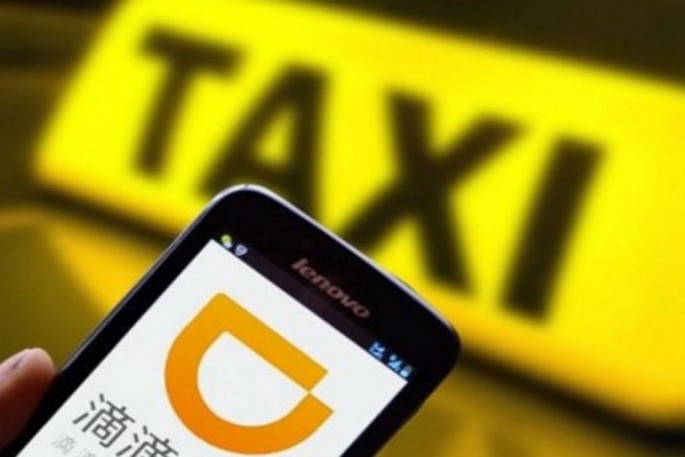Chinese ride-sharing giant Didi Chuxing has agreed to buy up Uber's China business and now has plans to expand to foreign countries. It just made a big deal to support Brazil-based Uber rival, 99, for a deal worth over $100 million. The Brazilian company plans to use the funds to win Brazil and expand to other South American countries.
99 was known in the past as 99Taxis. It is based in the fifth biggest country with a population of 200 million people.
The Brazilian company was founded in 2012 and provides private car/taxi-hailing services. It now has more than 10 million mobile app downloads and 140,000 registered drivers.
Didi CEO Cheng Wei explained that China and Brazil are the world's biggest emerging markets. This creates many opportunities for the ride-sharing industry.
Uber, meanwhile, serves about 30 Brazilian cities. It is also doing business in 12 countries in Central and South America.
Beijing-based Didi reported it will help guide and support 99. That includes technical support that the ride-sharing company already provides to partners. Other types of support include business planning, operations, and product development, according to China Technology News.
Didi's investment is big enough to give it a seat on the Brazilian company's board of directors.
The Chinese company has become well-known for making investment deals with other companies that are competing against Uber. This is the so-called "Anti-Uber Alliance," according to Tech Crunch.
Didi has invested in Lyft in the United States. It has also supported Grab in Southeast Asia and Ola in India, so the deal with Brazil's 99 continues its stake in South America.
Uber is already operating in Latin America. It plans to double its business in the region this year, but has invested much less than in other global regions.
Didi has had some problems supporting Uber's rivals. It had some issues with Lyft, Ola, and Grab after it made a deal to buy Uber China. The situation could get convoluted if it expands to other countries and has to compete with its business partners.
It is unknown what Didi's long-term plans are. It is clear, however, that it wants to drive into Latin America and maybe extend its trip to other regions.
Here's a video on the Didi-Uber China deal:



























